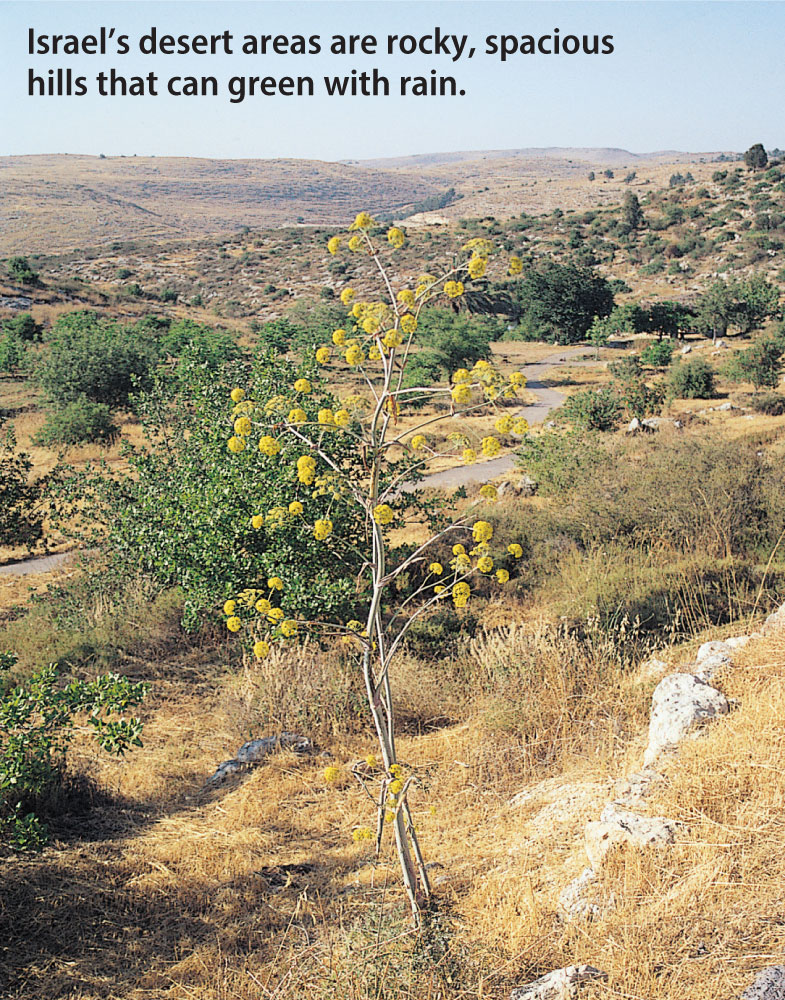
Sunday’s gospel about Jesus’ temptation and first preaching immediately follows Jesus’ baptism, an event that inaugurates his public ministry. As Jesus comes out of the water, the heavens split open, and the Spirit descends upon him. A voice affirms that Jesus is “my beloved Son.” These images — the open heavens, the descending dove, the affirming voice — create a theological picture of Jesus in relationship with God, Father and Spirit.
Mark wastes few words describing Jesus’ sojourn in the desert. In two verses Mark tells us that Jesus went into the desert and stayed for 40 days with wild beasts and angels (an interesting combination of companions). The two verbs in the account stand out — drives and tests. After 40 days Jesus begins preaching in Galilee, announcing the good news of God.
All three synoptic gospels place this desert time of testing or temptation at the beginning of Jesus’ public life. Something happens to Jesus in this time.
We can project that in his humanity Jesus is coming to a fuller sense of self-identity and a deeper sense of his own mission. Jesus’ baptism and desert experience connect him with God, with Holy Mystery. His solitude leads to his preaching and prophetic actions. The interplay of the mystical and the prophetic begins to spin itself out in Jesus’ life.
After his desert time Jesus lives the rest of his life as an itinerant. He carries on ministries of healing, teaching, preaching, associating with outcasts, standing in opposition to unjust structures, forming a community of equals, celebrating meals with friends, and praying alone and with others.
The whole of Mark’s gospel unfolds what awakens in Jesus after living in harmony with God and all creation in the desert. “God’s reign has come near,” Jesus announces. God is near, within, and around us — the reality in which Jesus lived in the desert.
- What do you think happened to Jesus in the desert?
- What is your experience of desert time?
- What is the good news you believe in?
Jesus’ relationship with God mirrors the relationship to which he calls us. We are God’s beloved. The Spirit drives us, too. Really knowing this in our bones empowers our deepest, best selves to reach out in warmth, hospitality, healing, hope, and deep care for those around us. Like Jesus, our lives in the embrace of God lead us to bring God near to others.
Lent is a beginning and renewal for many. Lent is when catechumens intensify their preparation to enter the waters of baptism. Lent is when the whole Christian community makes a concerted effort to renew our baptismal vows and celebrate resurrection as something that happens not only to Jesus but to the whole community.
Earth awakens into spring despite the burdens we humans put upon its capacity to sustain life. Lent moves purposefully and relentlessly toward Easter, even in the midst of sorrow, suffering, and global peril. Lent says, “We are choosing hope, and we are choosing new life.”
The practices we choose for Lent symbolize our hopes. We say in effect that we believe new life can come. We believe that we have the power of the Spirit within us to initiate transformation in the world.
In Sunday’s gospel Jesus says, “Reform your lives and believe in the good news.” The good news is that everything is possible—not easy, but possible.
In the midst of wars and rumors of wars, acts of violence, poverty, inattention to climate change, and too sparing educational opportunities for millions of people, we still choose hope. We choose resurrection. We choose to act for change.
- When have you had a sense that you are God’s beloved?
- What is one way you act in hope of change?
In the language of spirituality today, we might call Jesus’ desert solitude a time of discernment. To discern means opening one’s heart to the Spirit moving where it will — possibly beyond where one anticipates. To discern involves seeking self-knowledge and listening to others’ views and feelings. To discern involves recognizing where one’s gifts and the unmet needs of people around us intersect.
St. Ignatius Loyola, founder of the Society of Jesus, teaches a daily practice of prayer and discernment. First, one looks back on a day, asking what or who energized me, gave me life, fueled my commitments, stirred my dreams, animated me? Pray in gratitude for these reflections. Second, we let surface the people or interactions that haunt or trouble us. What or who do I keep thinking about? What leaves me bored or marginalized? What saps my energies? Pray for God’s help with all you want to change.
- What is testing your spirit this Lent?
- Practice using Ignatius’s daily discernment and prayer. To what might this practice call you?
